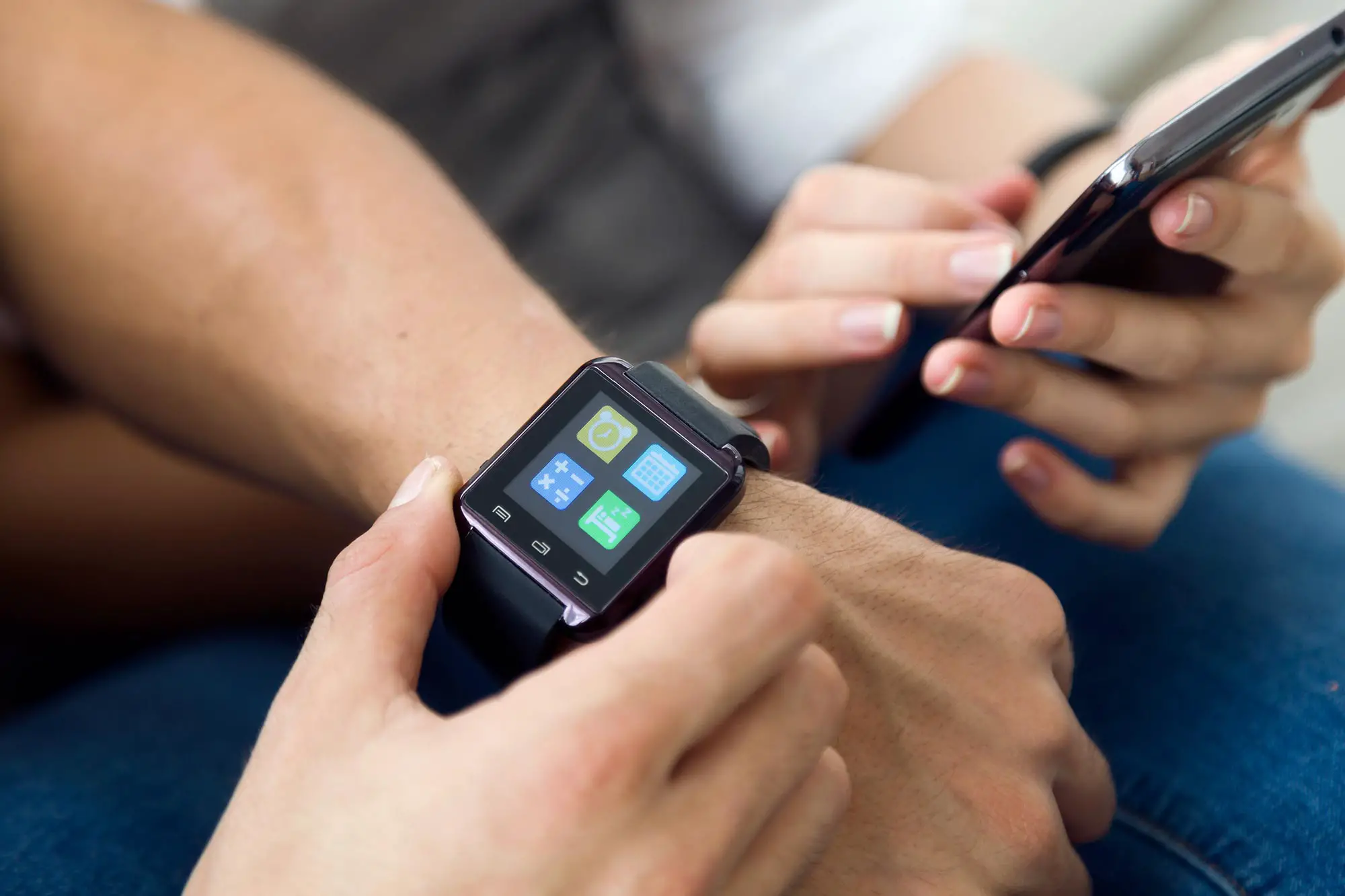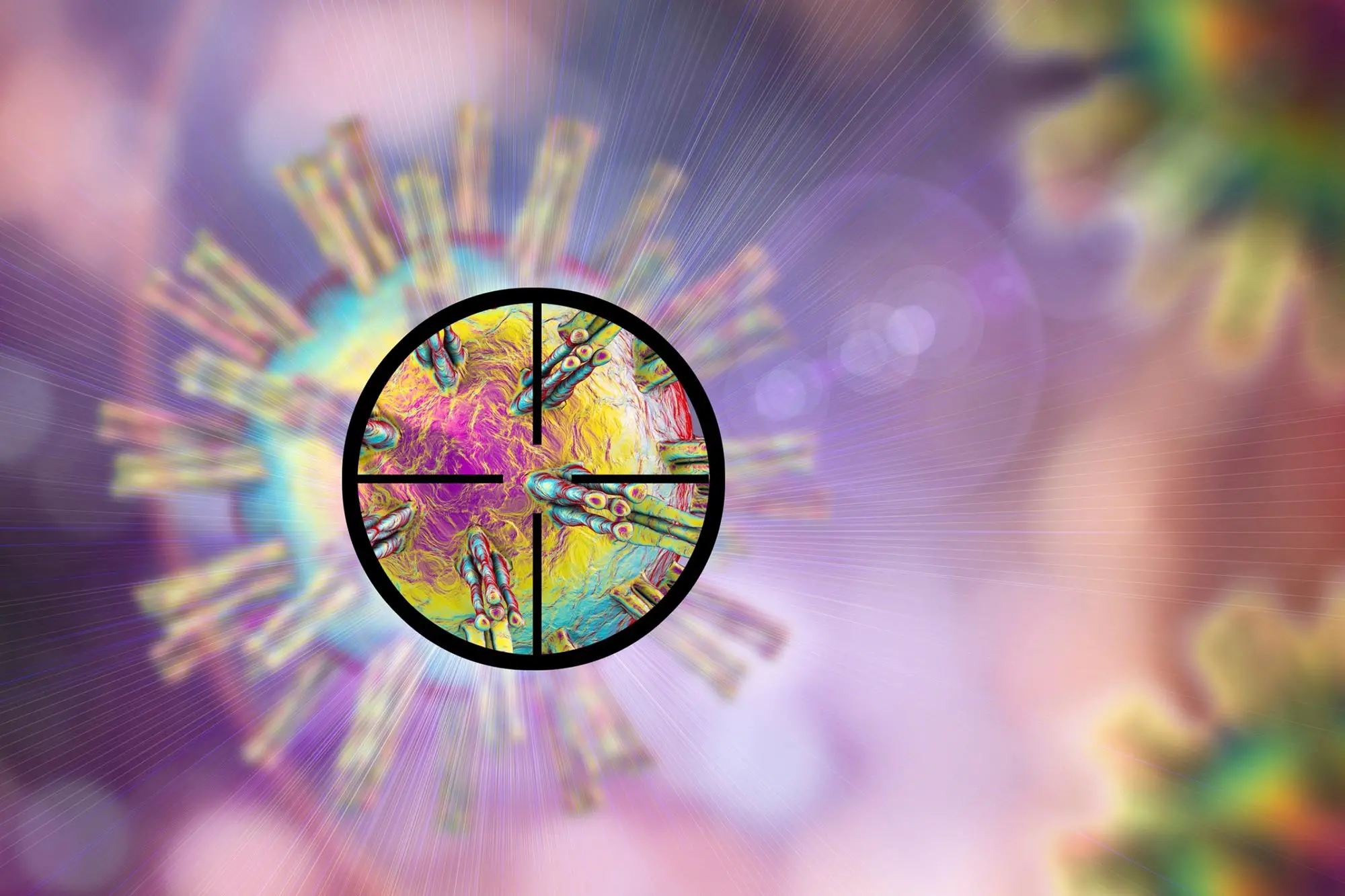Summary of How Your Apple Watch Could Gauge Your Mental Resilience:
Researchers at the Icahn School of Medicine at Mount Sinai in New York have found that wearable devices like the Apple Watch can accurately assess an individual’s mental resilience and well-being through machine learning. The study was conducted on data from the Warrior Watch Study, which involved 329 healthcare workers wearing Apple Watches, and utilized metrics such as heart rate variability and resting heart rate to identify psychological resilience or well-being states. The findings suggest that wearable devices could remotely monitor psychological conditions without needing mental health questionnaires, potentially enhancing access to mental health services.
*****
How Wearable Devices and Artificial Intelligence Can Be Used to Monitor Mental Health
With mental health disorders being common and limited resources available for evaluation, researchers have been working on improving access to mental health services. A study by the Icahn School of Medicine at Mount Sinai in New York has shown that machine learning algorithms applied to data passively collected from wearable devices can gauge an individual’s mental resilience and psychological well-being without needing mental health questionnaires.
The Findings of the Study
Data from the Warrior Watch Study was analyzed, involving 329 healthcare workers across seven New York City hospitals. Metrics collected from the Apple Watch, such as heart rate variability and resting heart rate, were found to be predictive in identifying psychological resilience or well-being states. According to the study, the findings suggest that devices such as the Apple Watch could be utilized to monitor and evaluate remote psychological conditions.
“The growth of digital technology presents an opportunity to improve access to mental health services for all people,” said senior author Zahi Fayad, Ph.D., Director of the BioMedical Engineering and Imaging Institute at Icahn Mount Sinai. The study highlights the feasibility of assessing psychological characteristics from this passively collected data, paving the way for improved access to mental health services.
The Importance of Resilience
Resilience, or an individual’s ability to overcome difficulty, is a vital stress mitigator that reduces morbidity and improves chronic disease management. “Wearables provide a means to collect information about an individual’s physical state continually. Our results provide insight into the feasibility of assessing psychological characteristics from this passively collected data,” said first author Robert P. Hirten, MD, Clinical Director, Hasso Plattner Institute for Digital Health at Mount Sinai.
Future Implications
The study suggests a future where psychological states can be remotely monitored without mental health questionnaires, potentially enhancing access to mental health services. The researchers plan to continue using wearable data to observe a range of physical and psychological disorders and diseases. In addition, the simultaneous development of sophisticated analytical tools, including artificial intelligence, can facilitate the analysis of data collected from these devices and apps to identify patterns associated with a given mental or physical disease condition.
Conclusion
‘Wearable devices such as the Apple Watch could remotely monitor and evaluate psychological states, potentially enhancing access to mental health services. The simultaneous development of sophisticated analytical tools, including artificial intelligence, can facilitate the analysis of data collected from these devices and apps to identify patterns associated with a given mental or physical disease condition. The study conducted by the Icahn School of Medicine at Mount Sinai in New York has shown the potential of using machine learning algorithms applied to data passively collected from wearable devices to gauge an individual’s mental resilience and psychological well-being without the need for mental health questionnaires.

